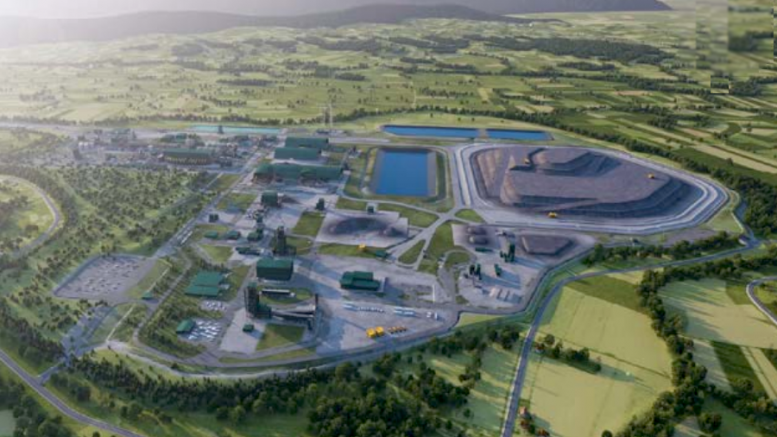Serbia, the European Union and Germany inked a series of agreements on Friday that may grant EU members as well automakers Mercedes Benz and Stellantis exclusive access to Serbian lithium.
The agreements in a memorandum of understanding cover sustainable raw materials and battery supply chains. It comes only a week after Serbia’s top court approved Rio Tinto‘s (NYSE: RIO; LSE: RIO; ASX: RIO) $2.4 billion Jadar lithium project, which would be Europe’s biggest lithium mine.
The tentative deals could help Europe reduce its reliance on imports from China, German Chancellor Olaf Scholz said in Belgrade.
“I’m glad the decision was made,” Scholz said. “I admit, this decision required courage, but it was made at the right moment.”
Resuming construction at Jadar is “an important European project,” Scholz said. It’s key for Europe “to remain sovereign in a changing world and not be dependent on others, which is why new sources of raw materials should be discovered,” he said.
Automakers sign
Representatives from Mercedes Benz and Stellantis, two automakers that have established joint ventures for electric vehicle (EV) battery production, also signed a letter of intent in Belgrade to invest in a project aimed at boosting EV battery manufacturing.
The EU and Serbia committed to develop within six months a roadmap with concrete actions to put the new agreements into practice.
Germany, Europe’s top carmaker, has been looking to secure lithium supply for its EV sector for years. The commodity would also help Europe’s biggest economy’s plans to move away from fossil fuels.
Dependency on China was a major issued addressed by the bloc last year, when drafting laws to strengthen the supply of critical raw materials.
Court case
Last week, Serbia’s Supreme Court ruled that Belgrade’s decision to revoke Rio Tinto’s licence for the Jadar lithium project in 2022 was unconstitutional.
The project cancellation followed massive, widespread protests in 2021 that blocked Belgrade and other parts of Serbia to oppose Rio Tinto’s plans on environmental grounds.
Jadar, discovered by Rio Tinto geologists in 2004, is slated to produce 58,000 tonnes of refined battery-grade lithium carbonate per year. This is enough to power one million electric vehicles and supply 90% of the continent’s current lithium needs.
The mine, expected to supply mainly the European market, would also propel Rio Tinto into the world’s top 10 lithium producers.


Be the first to comment on "Serbia inks lithium memos with EU amid Jadar’s revival"